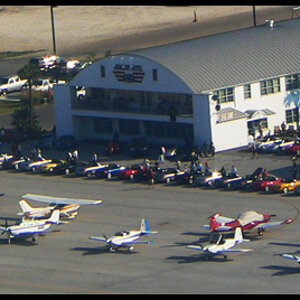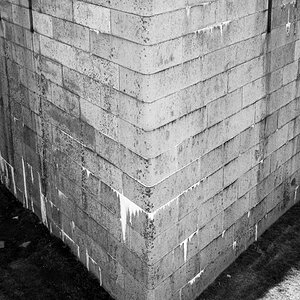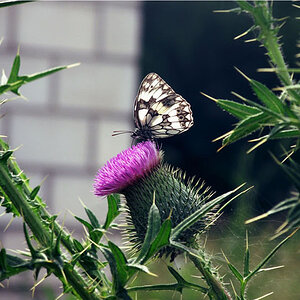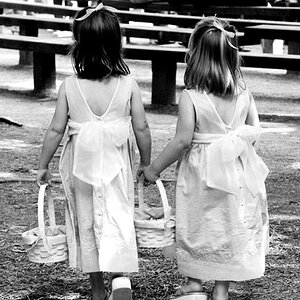If you have a $1,000 dollar lens, and you put a $5 cheap filter on it, it WILL degrade the quality.
People that don't wear safety glasses don't piss and moan about degrading image quality to those that do wear safety glasses like the anti UV filter do when demanding that everyone start agreeing with them. Why do the anti UV types find it necessary that everyone conform to their view?[/QUOTE]
Apparently Nikon agrees with the lens protector idea:
Nikon Neutral Clear Filter
Mfr. Part: 2479 (52mm)
Description
Clear optical glass protection for your lens. Can be left on your lens at all times.
Features
Clear optical glass; used as a lens protector.
Just web search Nikon NC filter


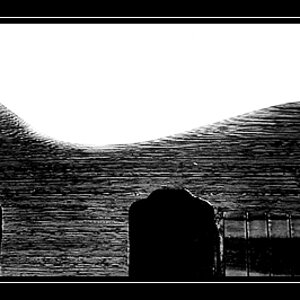
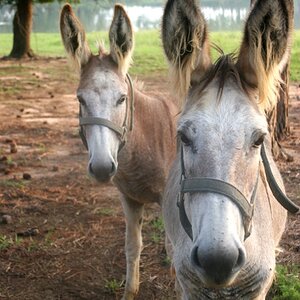
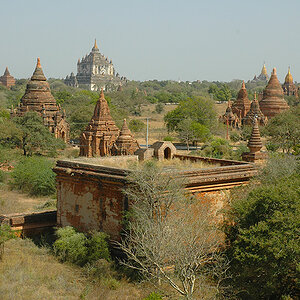

![[No title]](/data/xfmg/thumbnail/37/37107-df85b207aa6d9b7f6b88f682e493a52e.jpg?1619737882)

